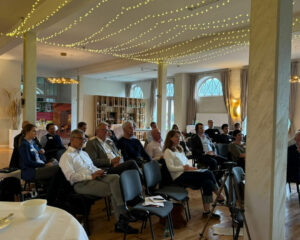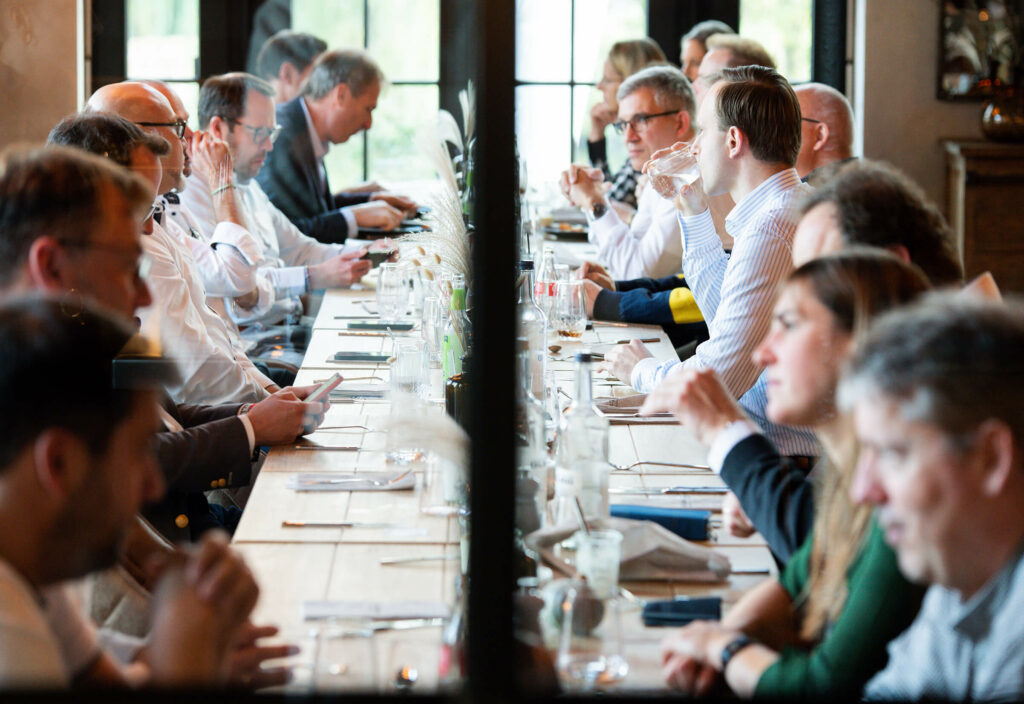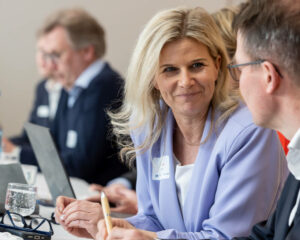

Claus Ruhe Madsen
Vorstandsmitglied und Minister für Wirtschaft, Verkehr, Arbeit, Technologie und Tourismus des Landes Schleswig-Holstein
Claus Ruhe Madsen ist seit dem 29. Juni 2022 Minister für Wirtschaft, Verkehr, Arbeit, Technologie und Tourismus. Er wurde am 27. August 1972 in Kopenhagen geboren, ist verheiratet und hat eine Tochter.


 Does a fund make sense for us as an investment vehicle? How do other networks do it? At our year-end event, we learned about different approaches. We also dealt with the question of how big the crisis mood is for investments in startups and how to deal with problems in your own investments as a business angel.
Does a fund make sense for us as an investment vehicle? How do other networks do it? At our year-end event, we learned about different approaches. We also dealt with the question of how big the crisis mood is for investments in startups and how to deal with problems in your own investments as a business angel.






